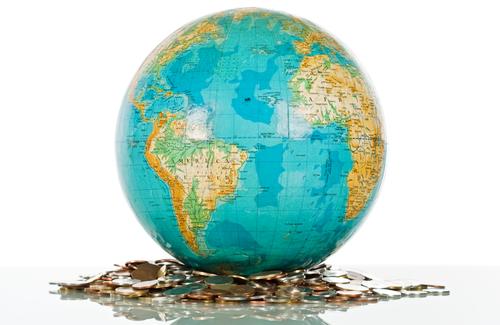ECONOMIC SYSTEMS
There are different types of economic systems prevailing in the world.
Dictatorship:
Dictatorship is a system in which economic decisions are taken by the dictator which may be an individual or a group of selected people.
Command or planned economy:
A command or planned economy is a mode of economic organization in which the key economic functions – for whom, what, how to produce are principally determined by government directive. In a planned economy, a planning committee usually government or some group determines the economy’s output of goods and services. They decide about the optimal mix of resources in the economy. They also decide how the factor of production needs to be employed to get optimal mix.
Free market/capitalist economy:
A free market/capitalist economy is a system in which the questions about what to produce, how to produce and for whom to produce are decided primarily by the demand and supply interactions in the market. In this economy what to produce is thereby determined by the market price of each good and service in relation to the cost of producing each good and service. In a free economy the only goods and services produced are those whose price in the market is at least equal to the producer’s cost of producing output. When a price greater than the cost of producing that good or service prevails, producers are induced to increase the production. If the product’s price falls below the cost of production, producers reduce supply.
Islamic economic system:
This system is based on Islamic values and Islamic rules i-e zakat, ushr, etc. Islam forbids both the taking and giving of interest. Modern economists, too, have slowly begun to realize the futility of interest. The Islamic economic principles if strictly followed would eliminate the possibility of accumulation of wealth in the hands of a few and would ensure the greater circulation of money as well as a wider distribution of wealth. Broadly speaking these principles are (1) Zakat or compulsory alms giving (2) The Islamic law of inheritance which splits the property of an individual into a number of shares given to his relations (3) The forbiddance of interest which checks accumulation of wealth and this strikes at the root of capitalism.
Pakistan case: A mixed economy
In Pakistan, there is mixed economic system. Resources are governed by both government and individuals. Some resources are in the hand of government and some are in the hand of public. Optimal mix of resources is decided by the price mechanism i-e by the market forces of demand and supply. Pakistan economy thus consists of the characteristics of both planned economy and free market economy. People are free to make their decisions. They can make their properties. Government controls the Defence. Virtual University





Comments are closed.